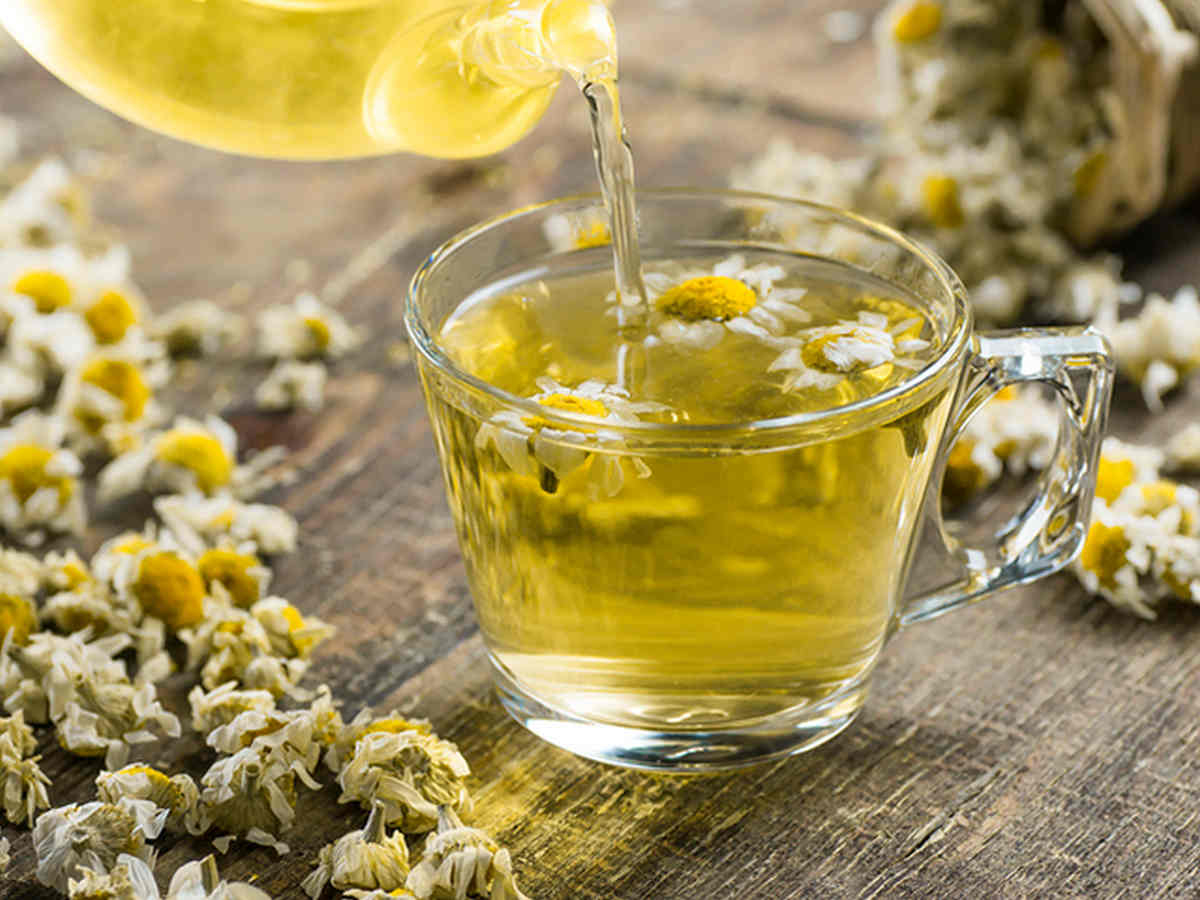Autumn and winter are associated with beautiful scenery, favorite holidays, as well as colds and flu. Fatigue, sore throat, cough … Illnesses can last for weeks. We know that when we have a cold or flu, it is important to drink enough fluids, including healthy teas, which help boost immunity and relieve cough. Good examples are Mursal tea, mint tea, and:
Ginger tea
Ginger has long been used in Chinese and Indian culture and medicine as a natural remedy for a number of ailments. It is an excellent remedy for nausea, gas in the abdomen, muscle pain. It also has an antibacterial effect and helps relieve cough. Tea made from spices helps to open the airways, reducing inflammation in the chest and throat, increasing the body’s defenses.
Thyme tea
Thyme tea is one of the best teas for coughs and heaviness in the chest due to colds or flu. According to a German study, the herb, prepared in the form of aromatic tea, can help with acute bronchitis with a productive cough. Thyme has antioxidant properties, promotes heart and brain health, strengthens the immune system, helps relieve headaches and muscle aches.
Chamomile tea
Chamomile is the queen of herbs when we suffer from colds and flu. It is believed that drinking tea from it helps reduce pain and inflammation in the throat, chest, and is used as an expectorant. In addition, chamomile tea eliminates digestive problems, migraines, headaches, improves sleep quality. Chamomile is believed to reduce the risk of cancer, strengthen the immune system and more.
Echinacea tea
Echinacea is an excellent herb for increasing the body’s defenses against colds and flu and one of the most suitable for relieving cough. Western studies show that echinacea acts on both dry and wet coughs, opening the airways and reducing inflammation. It is also believed that it helps cleanse the blood and lymphatic system.
Hibiscus tea
Pleasant in taste, with an intense color, hibiscus tea effectively relieves the symptoms of coughs and colds, thanks to the high concentration of vitamin C contained in it. Its consumption also helps balance blood pressure and cholesterol, but hibiscus is also believed to reduce the risk of kidney stones.

